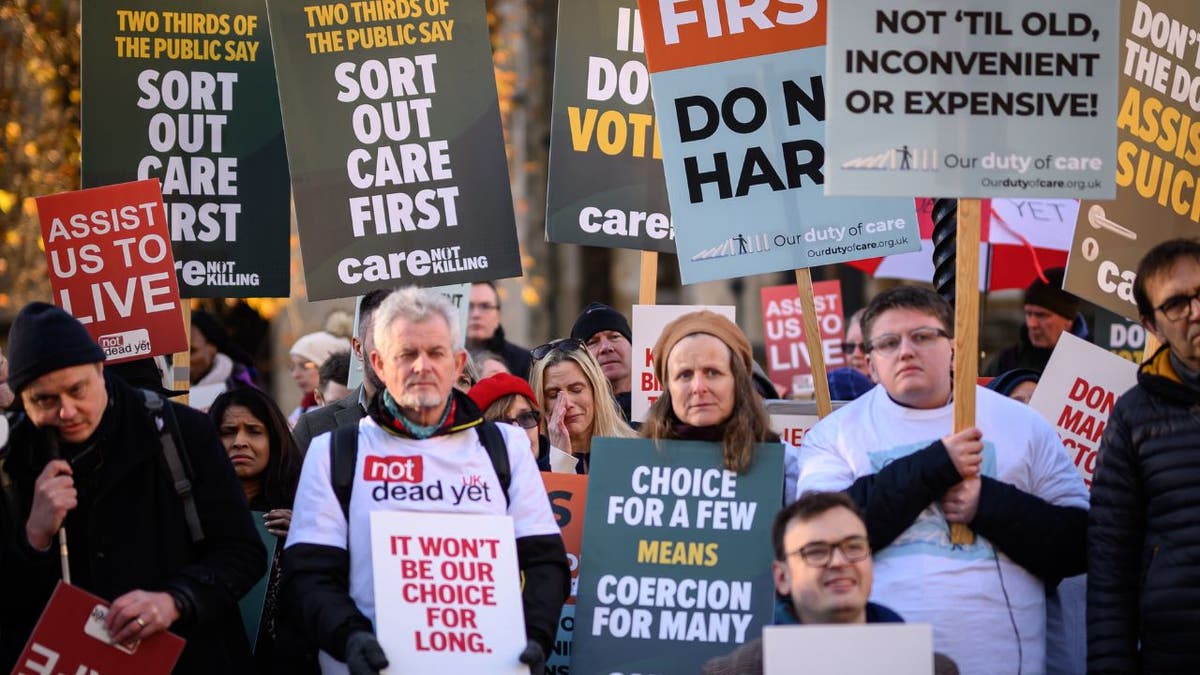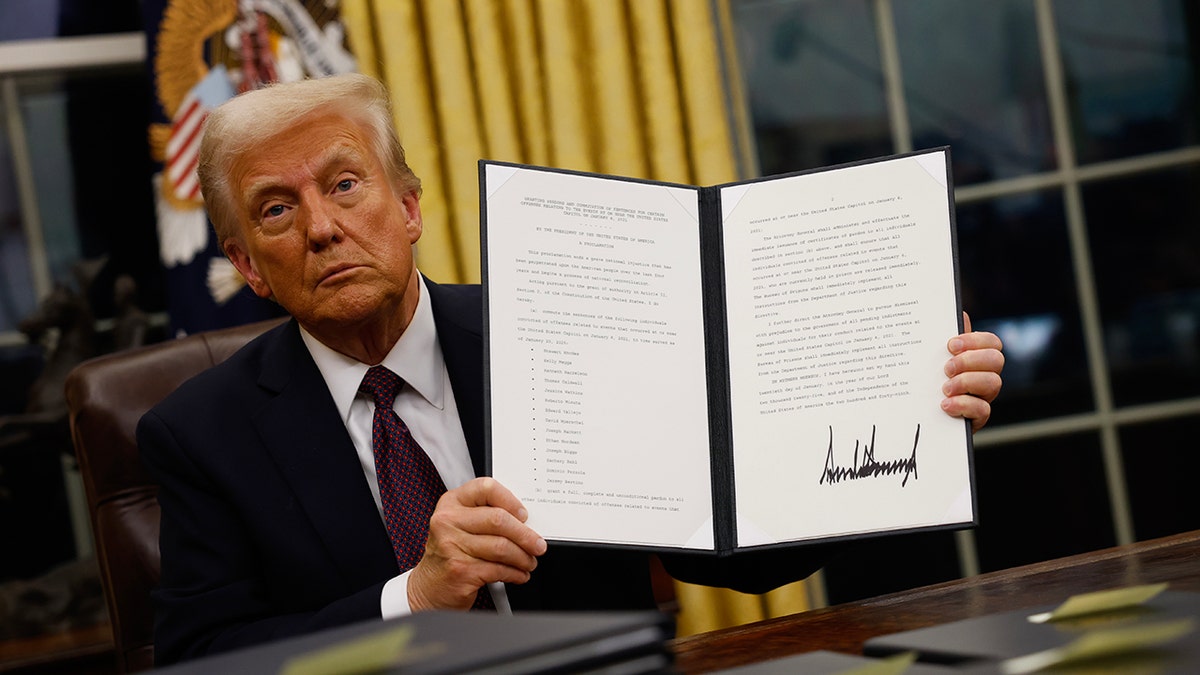England and Wales moved a step closer to legalizing assisted dying on Friday as the House of Commons voted to advance a bill permitting terminally ill adults to choose the end of their lives. The bill passed its second reading by a margin of 330 to 275 and will now undergo further parliamentary scrutiny before a final vote.
This legislation would enable individuals over 18, with a prognosis of less than six months to live, to request and receive assistance in ending their lives, provided they meet specific safeguards and protective measures. The vote followed hours of intense debate, marked by personal accounts of suffering and loss, and touching upon ethical, legal, and religious considerations. Crowds gathered outside Parliament, reflecting the public's strong interest in this sensitive issue.

Public opinion polls indicate that a majority of Britons support the concept of assisted dying. Several European nations, including Belgium, Luxembourg, Germany, Spain, Austria, and Portugal, have already decriminalized euthanasia or assisted dying. Switzerland pioneered this practice, legalizing it in 1941. In the United States, assisted dying is legal in ten states, Washington, D.C., and California, Colorado, Oregon, Vermont, New Mexico, Maine, New Jersey, Hawaii, and Washington.
Proponents argue that the law would offer dignity and alleviate suffering for those nearing the end of life, while safeguards would prevent coercion. Opponents, including religious leaders, express concerns about potential coercion of vulnerable individuals and the possibility of assisted dying becoming an obligation rather than a choice.
The proposed legislation mandates approval from two doctors and a High Court judge to confirm the patient's voluntary decision. Coercion would carry a penalty of up to 14 years imprisonment. Bill sponsor Kim Leadbeater emphasized that the legislation is about providing choices for the dying, not a choice between life and death. She anticipates a second vote in approximately six months, following a thorough review process to refine the bill. Further assessment of funding, impact on the National Health Service, hospice care, and legal implications will also be necessary.

Conservative MP Danny Kruger voiced concerns about potential loopholes and insufficient safeguards, advocating for strengthening the bill or ultimately defeating it. UK Prime Minister Keir Starmer supported the bill, allowing his MPs a free vote. However, divisions exist within the Cabinet, with Health Secretary Wes Streeting and Justice Minister Shabana Mahmood voting against it. Reform UK leader Nigel Farage also opposed the bill, fearing its potential expansion and the risk of a "right to die" becoming an "obligation to die."








